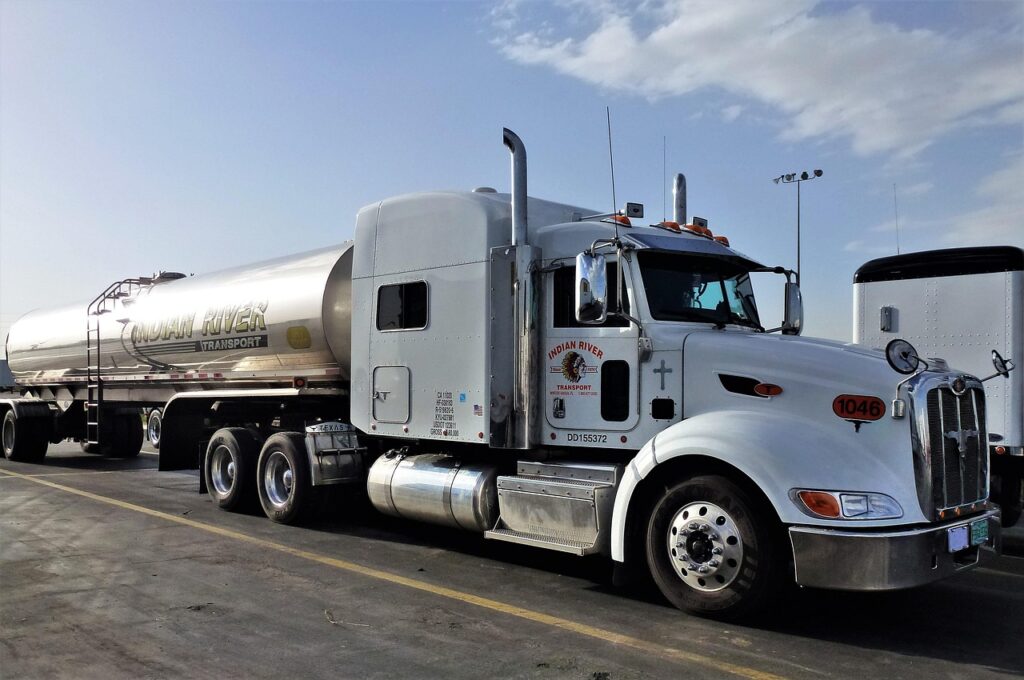Now Reading: Truck Accident Settlements vs. Court Verdicts: What You Need to Know
-
01
Truck Accident Settlements vs. Court Verdicts: What You Need to Know

Truck Accident Settlements vs. Court Verdicts: What You Need to Know
If you’ve been involved in a truck accident, deciding how best to pursue compensation can feel overwhelming. One of the biggest decisions you may find yourself facing is whether or not to accept a settlement offer or take your case to court to try your luck at a verdict. Both options have their pros and cons, and understanding those is crucial for making the right decision.
In this guide, you will be able to learn everything you need to know including the difference between settlement and court, the pros and cons of both options, and the various considerations to keep in mind when choosing your path.
What is a Truck Accident Settlement?
A settlement in court is a negotiated agreement between the parties involved, typically overseen by the injured person, their lawyer, and the insurance company that is representing the trucking company or truck driver. Instead of taking the case to trial, both sides have agreed to come to a mutually agreed-upon compensation amount.
Settlements are typically reached after damages such as medical bills, lost wages, pain and suffering, and property damage have been taken into account, with the potential settlement value for economic damages varying wildly. The goal of settlement is to resolve the dispute without going to court with the purpose of saving both time and legal expense costs. In exchange for receiving the agreed-upon sum of money, the injured party signs a release form that stops them from pursuing further legal action against the other party.
What is a Court Verdict in a Truck Accident Case?
As you may be able to guess by the name, a court verdict in a truck accident case is a final decision made by a judge or jury after an official trial. If a settlement is attempted and failed, or perhaps that step is skipped entirely, a trial is the next step. During a trial, both sides will need to present their evidence and call witnesses in order to support their case. Once this has been completed, the court will determine who was at fault for the accident and whether or not damages should be awarded to the injured party.
Verdict decisions will usually include both compensatory damages designed to cover financial losses from an accident, such as medical expenses, lost wages, or pain and suffering, as well as punitive damages meant to punish the defendant. Unlike in a settlement, court verdicts will be public record and can be used to set legal precedents in future cases.
Pros and Cons of Settling a Truck Accident Case
Knowing whether or not a settlement is right for you can be a difficult decision, especially if you suffered serious injuries due to the accident you were involved in. However, there are a number of pros to keep in mind that may make this the right choice for you. The most prominent of these include:
- Quicker resolution: Settlements are usually resolved much faster than going to court and victims can receive compensation in months rather than waiting years for a trial
- Certain compensation: By settling, you will know exactly how much compensation you will receive
- Lower costs: Trials are expensive and settling avoids many of the legal fees, court costs, and expert witness expenses that come with a formal litigation
- Less stress: Legal battles can be emotionally draining, especially for accident victims recovering from injuries
Settling typically offers a quicker, more predictable, and less costly path to compensation, but that does not mean it’s without its downsides. The most notable drawbacks to pursuing settlement in a truck accident case include:
- Potentially lower compensation: Insurance companies often offer settlements that are lower than what you might receive in court, which can be especially true in severe truck accident cases where long-term medical needs or loss of income are factors
- No admission of guilt: In most settlements, the trucking company or driver won’t admit fault, which can be frustrating for victims who want a clear acknowledgment of responsibility
- No further legal action: Once you accept a settlement, you forfeit your right to pursue additional compensation or take the case to court later, even if your injuries worsen or new expenses arise
Pros and Cons of Going to Court in a Truck Accident Case
While settling clearly offers many conveniences, it’s not the perfect solution for everyone. This results in some injured parties seeking a formal verdict from a trial. This can result in some large benefits including:
- Potential for higher compensation: Court verdicts can result in much larger awards than what’s offered in a settlement and if the jury finds the trucking company grossly negligent, you may receive substantial punitive damages on top of compensation for your injuries
- Accountability of the defendant: Taking the case to trial holds the trucking company and driver accountable in a public forum; this transparency can be important for victims who want to ensure that similar accidents are prevented in the future
- Appeal options are available: If you’re not satisfied with the verdict, you have the option to appeal in the future
All of the above are clearly excellent benefits to consider when thinking about whether you want to take your case to court, but going to trial can be risky. The notable drawbacks to consider before making your choice include:
- Longer timeline: Trials can drag on for months if not years, so victims who need immediate financial assistance for medical bills or lost wages may be in trouble
- Higher associated costs: You’ll need to pay for expert witnesses, legal fees, and court costs, meaning the financial burden of a trial can be daunting
- Uncertainty: Unlike settlements, where the compensation is guaranteed, there’s no assurance that you’ll win in court
Protect your rights after a truck accident
Deciding between settling a truck accident case and pursuing a court verdict will not be an easy decision. There will be many factors to consider including the compensation you believe you deserve, the budget you can afford, the certainty you desire from the resolution, and more. Before making your decision, consult with an expert attorney who has experience with cases similar to your own so that you can evaluate the strength of your case and be guided to the best solution.










